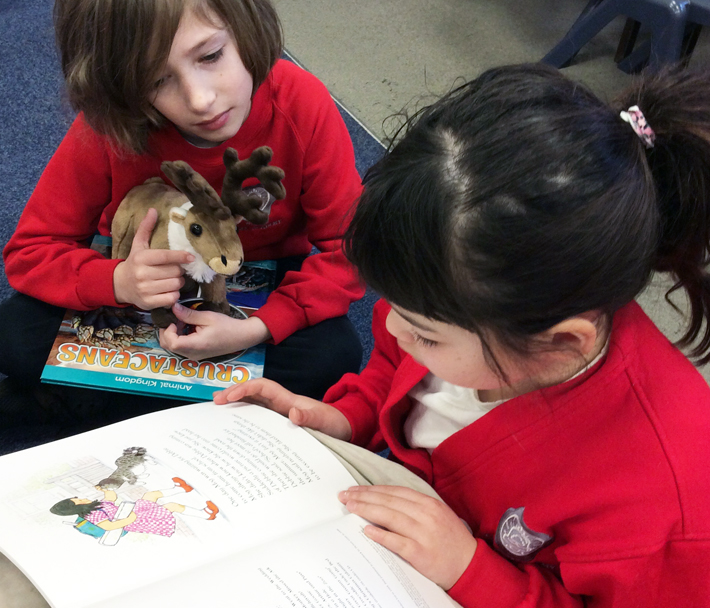
Our Partnership of schools
-
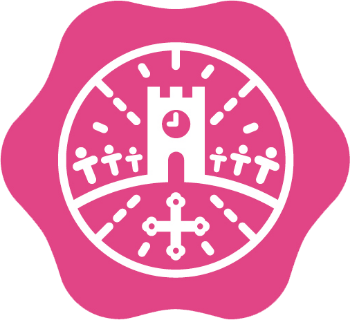
All Saints MarshChurch of England Academy
-
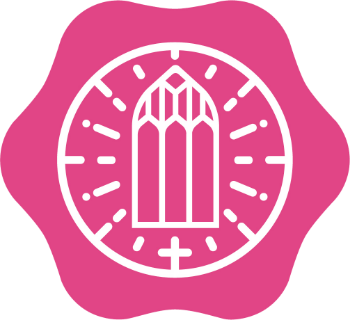
All Saints ThurlestoneChurch of England Academy
-

Bovey TraceyAcademy
-

CharletonChurch of England Academy
-

DartingtonChurch of England Academy
-

DunsfordCommunity Academy
-

EllacombeChurch of England Academy
-

GulworthyAcademy
-
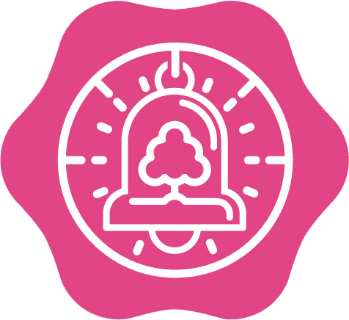
IlshamChurch of England Academy
-
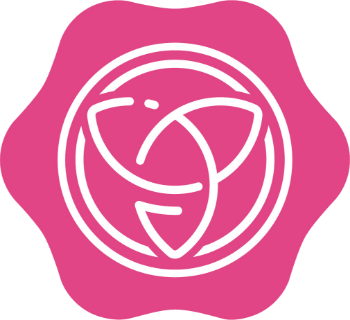
JacobstowCommunity Academy
-
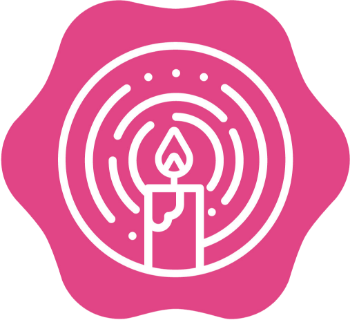
LamertonChurch of England Academy
-
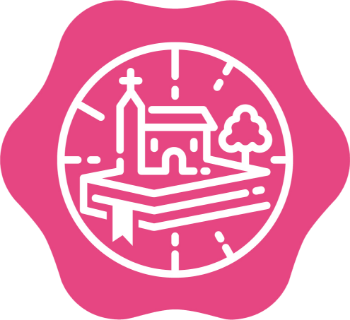
LiftonCommunity Academy
-
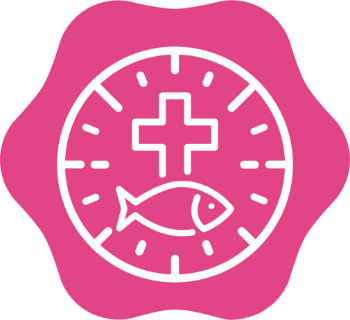
MarhamchurchChurch of England Academy
-

St Andrew'sChurch of England Academy
-

St Mark'sChurch of England Academy
-
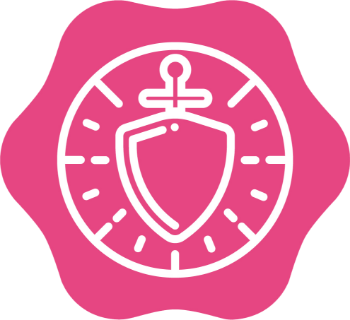
St Michael'sChurch of England Academy
-

WarberryChurch of England Academy
-
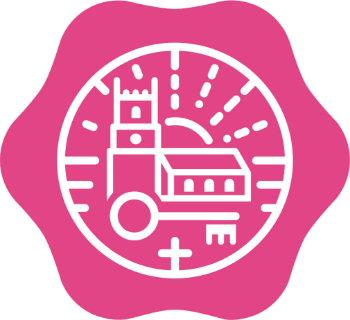
West AlvingtonChurch of England Academy
Ilsham English Hub

Welcome to Ilsham English Hub
One of 34 English Hubs appointed by the Department for Education that serve all the regions of England.
Ilsham English Hub has grown out of our base school, Ilsham C of E Academy, which is the founding school in the Learning Academy Partnership (School Trust). Ilsham C of E Academy was designated as an English Hub due to a track record of excellent phonics and reading outcomes.
Our commitment as an English hub is to place partnership and collaboration at the core of what we do. From the very beginning, we have sought innovative approaches to doing things differently - sharing and harnessing the outstanding practices already thriving in schools.
English Hubs Programme priorities:
In the Opportunities Mission, the department is committed to achieving a series of key pillars including 'the best start to life' and the aim to have every child achieving and thriving. The English Hubs programme aligns to support this ambition by driving up standards in reading and supporting a full school commitment to reading.
All support offered by the hub will promote at least one of the programme's priorities outlined below.
Age-appropriate phonics provision: encouraging best practices in SSP teaching from Reception to the end of Key Stage 1, and as the primary reading strategy throughout the school. This includes:
- Encouraging fidelity to a single SSP programme. There are 45 validated SSP programmes: Learning Academy Partnership - Validated SSP Programmes
- Supporting the effective use of decodable books in the early stages of learning to read, as a way of establishing phonic decoding.
- Supporting effective practice in formative assessment in relation to phonics/early reading.
- Demonstrating neutrality across validated SSP programmes and ensuring they are all represented equally and fairly.
Promoting a love of reading: encouraging reading for enjoyment, including by supporting whole-school reading approaches, reading to children at least once a day and encouraging reading at home, developing teachers' knowledge of appropriate children's literature.
Early language development: providing evidence-based approaches to early language development and closing the word gap in school-based early years settings.
Supporting reading fluency: encouraging schools to take a strategic, evidence-informed approach to understand how to build on phonics and with support across KS1 and KS2. The ultimate aim is to improve reading assessment outcomes in KS2.
Supporting secondary schools: supporting secondary schools to establish reading as a strategic priority, improve outcomes for pupils with reading needs and increase knowledge on supporting reading at secondary level.
Click on the link for more information from DfE about English Hubs: English Hub – English Hub
English Hubs, what are they?
English Hubs offer support to local schools, academies, and free schools to improve the teaching of phonics, early language and reading for pleasure.
Our English Hub offers:
- Showcase events, sharing best practice in teaching phonics, early language and reading for pleasure.
- Workshop events – sharing research based evidence and practical ideas and resources to take away to benefit every child.
- Free in school audits with a member of the hub audit team. Phonics audits are a supportive process where we work together to help to see your next steps and how we can offer further tailored support in your journey.
- Funding – to help support your chosen SSP programme. Funding to support training, SSP resources and matched decodable books. Funding amount dependent on eligibility criteria up to a maximum £6000
- Partner school support – intensive school support over a maximum two year period which includes up to 12 in school literacy specialist support days that are personalised for your school.
Our designated geographical region covers the South West region, including all areas of Devon, Torbay, Plymouth and Somerset.
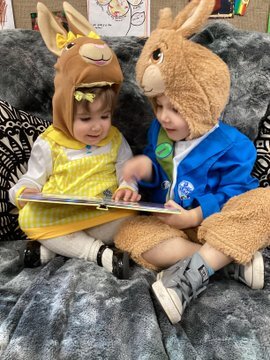
How can you get involved?
- To access funding and support please click on this link and fill in your details: https://forms.office.com/e/fWjdrEsVUx
- If you would like to be added to our free CPD email list, click the link and fill in your details https://forms.office.com/e/y4jGBLu1H3
